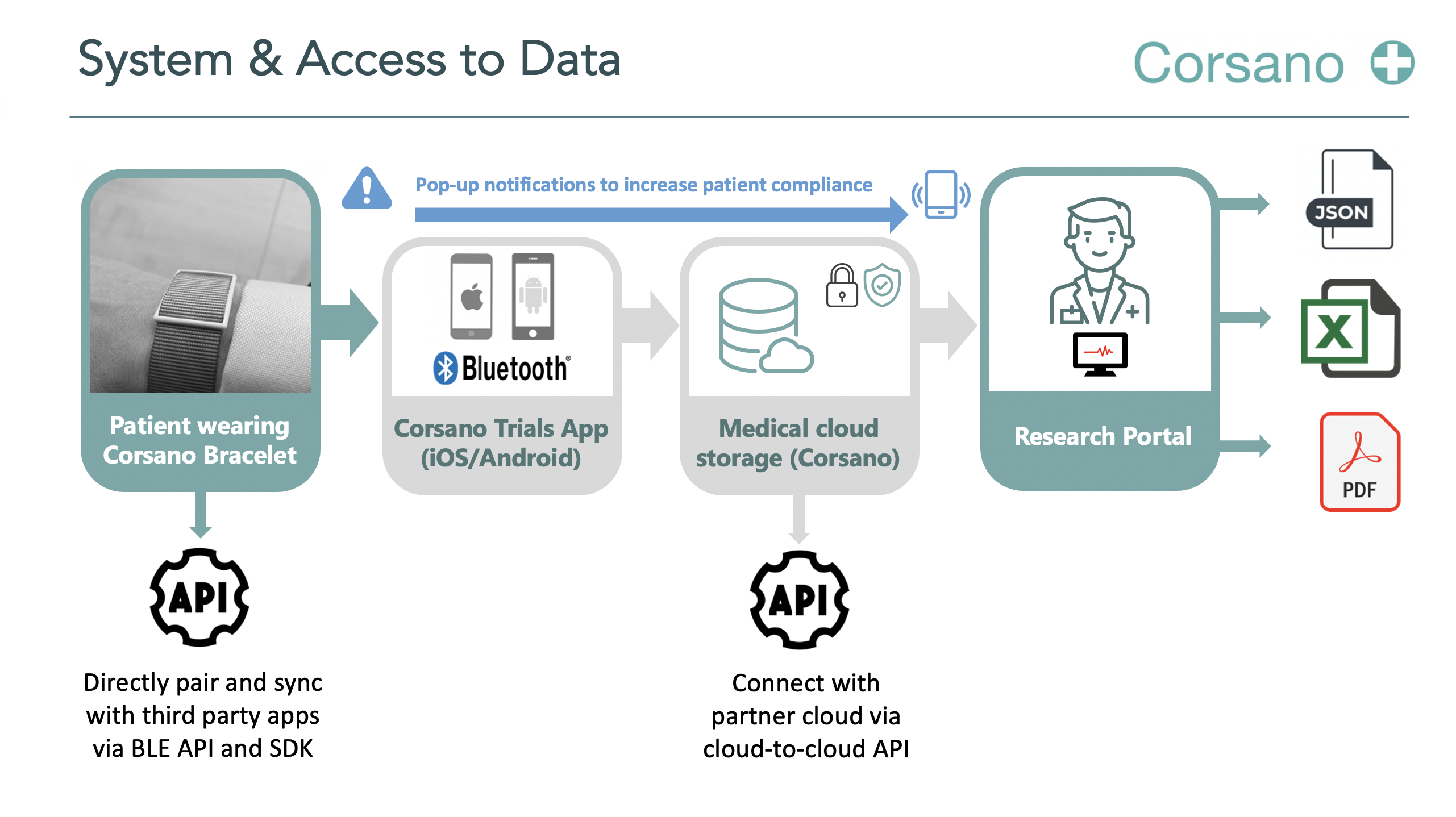Title
Atrial Fibrillation detection in OBESity using Ehealth
Topic
Obesity is a global epidemic. Obesity is associated with an increased risk of atrial fibrillation (AF). AF is the most common sustained cardiac rhythm disorder in humans with potentially life threatening complications. Detection of subclinical AF in obesity patients would allow initiation of proper therapy and follow-up. However, to financially and logistically permit screening of subjects on AF, subjects with the highest risk of having AF should be identified. Currently, knowledge on the mechanisms through which obesity increases the risk of AF remains largely unclear and insufficient to develop such strategies. Franciscus Gasthuis & Vlietland is one of the largest bariatric surgery centers of The Netherlands, with multiple research projects focusing on the obesity patient.
Number of Participants
200 consecutive adult obesity patients undergoing bariatric surgery
Inclusion / Exclusion criteria
Inclusion criteria
BMI of ≥ 35 kg/m2
scheduled for bariatric surgery
age ≥ 50 years
written informed consent
Exclusion criteria
Known cardiac disease. Whether a patient has known cardiac disease will be determined by assessment of the available patient files and by asking the patient.
Study Design
The value of AF-screening will be studied in an investigator driven, cross sectional, observational cohort study of obesity patients (primary objective). Selected patients are obesity patients who are screened for bariatric surgery, aged 50 years and older, without a history of cardiac disease. Patients will undergo conventional and advanced echocardiography and laboratory tests as well to investigate signs of subclinical cardiac dysfunction that may be related to AF (secondary objective). Also, a prospective follow-up study of obesity patients undergoing bariatric surgery will be performed to gain insight in the pathophysiology of increased risk of AF in obesity (secondary objective).
Target points
The primary outcome will be
the proportion of obesity patients with AF as detected by 1 week heart rhythm registration with an AF-detection patch (before bariatric surgery)
The secondary outcomes include:
Change in the proportion of obesity patients with any AF episode as detected by an AFdetection patch between study onset (1 week monitoring before surgery) and one year after surgery (1 week monitoring)
Change in the proportion of obesity patients with any AF episode as detected by an ILR between study onset (3 months monitoring before surgery) and in the period of 9 to 12 months after surgery (3 months monitoring)
Study Centre
Franciscus Gasthuis, Rotterdam (NL)
Start time, Duration
Start: 1 september 2020, Total study duration: 18 months
Interested in our Trial Programme?
Corsano Cardiowatch Bracelets enable continuous monitoring with multiple algorithms. Corsano is working closely with cardiologists, scientists, hospitals, patients, and research organisations. Scientific research demonstrates the legitimacy of Cardiowatch 287 algorithms.
We are currently performing pilots with selected clients. Contact us if you want to know more!
The founders of Corsano Health have over 100 years of experience in the Swiss Watch industry, with deep experience about ergonomic design and materials for wearables that are worn 24/7.
